Since a man is justified by faith (Rom. 3:28), it is reasonable to consider the justice of St. Joseph after having considered his faith. The justice of St. Joseph is the one virtue of his testified directly by the Gospel, which says “Joseph, her husband, being a just man…” (Mt. 1:19). And we see that St. Joseph possesses this virtue in full measure through the actions of his recorded in the Gospels.
St. Thomas Aquinas defines the virtue of justice as “the perpetual and constant will to render to each one his right” (II-II, q. 58, a. 1). To be just is to be in right relation to others: to your neighbor, to society, to your family, to God. The justice of St. Joseph becomes apparent in his fulfillment of every duty, respecting what is owed in every relation.
With respect to civil society, we see St. Joseph fulfill his obligations as a resident in the Roman Empire, making the several-day journey from Nazareth to Bethlehem to be enrolled in the census of Caesar Augustus (Lk. 2:1). Receiving the warning in a dream, he brought his family to live in Egypt for several years. In order to live peacefully in Egypt, St. Joseph would have learned the customs and laws of that country so to observe justice even there. Though the darkness of idolatry existed in Egypt, St. Joseph would have found ways to bear witness to the one true God, for “the just man is a light in the darkness” (Ps. 112:4).
With respect to the religious law, we see St. Joseph leading his family in the full observance of the laws revealed by God. He takes care that Jesus is circumcised on the eighth day (Lk. 2:21), he brings Jesus to Jerusalem at the time of purification “according to the law of Moses” (Lk. 2:22), he offers the prescribed sacrifice of two turtledoves or pigeons (Lk. 2:24), he “performed everything according to the law of the Lord” (Lk. 2:39), and he “went to Jerusalem every year at the feast of Passover” (Lk. 2:41).
Above all, we see St. Joseph prompt and ready to do whatever is required for the care of his family, for Jesus and Mary. He receives Mary into his home as soon as he knows that this is lawful (Mt. 1:24), he accepts her child as his own (Lk. 3:23), he relocates to protect the life of this child (Mt. 2:13), and he practices a trade to supply for the material needs of Jesus and Mary (Mk. 6:3).
Jesus came into the world to be the “sun of justice” (Mal. 4:2), so it should be no surprise that the man entrusted to care for Jesus should himself be a perfect model of justice. Do you find yourself at odds with others instead of in right relation with them? Go to St. Joseph. Do you struggle to fulfill your obligations to either God or your neighbor? Seek help from St. Joseph. Perhaps you give to each their due, but only begrudgingly or with greater concern for your own interests? Learn from St. Joseph, the just man who placed his entire life at service of the Christ and his Holy Mother.
St. Joseph, most just, pray for us.
Fr. Max Nightingale
St. Joseph Battle Creek, MI



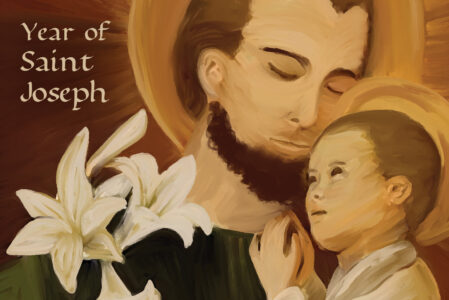



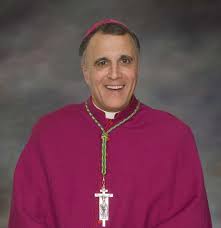


 Kimberly Kay Cox
Kimberly Kay Cox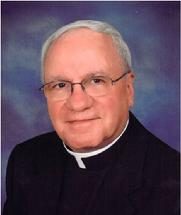






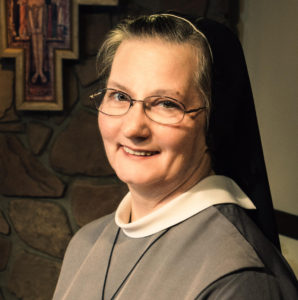
 Mark Mogilka
Mark Mogilka




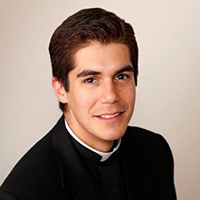
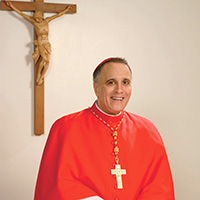








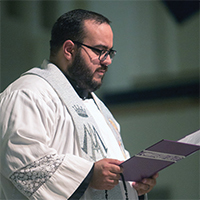



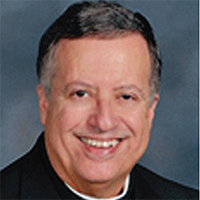

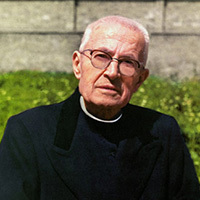







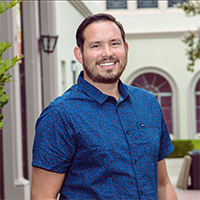
 Armando Cervantes
Armando Cervantes Anna Betancourt
Anna Betancourt
 Andrea Chavez-Kopp
Andrea Chavez-Kopp